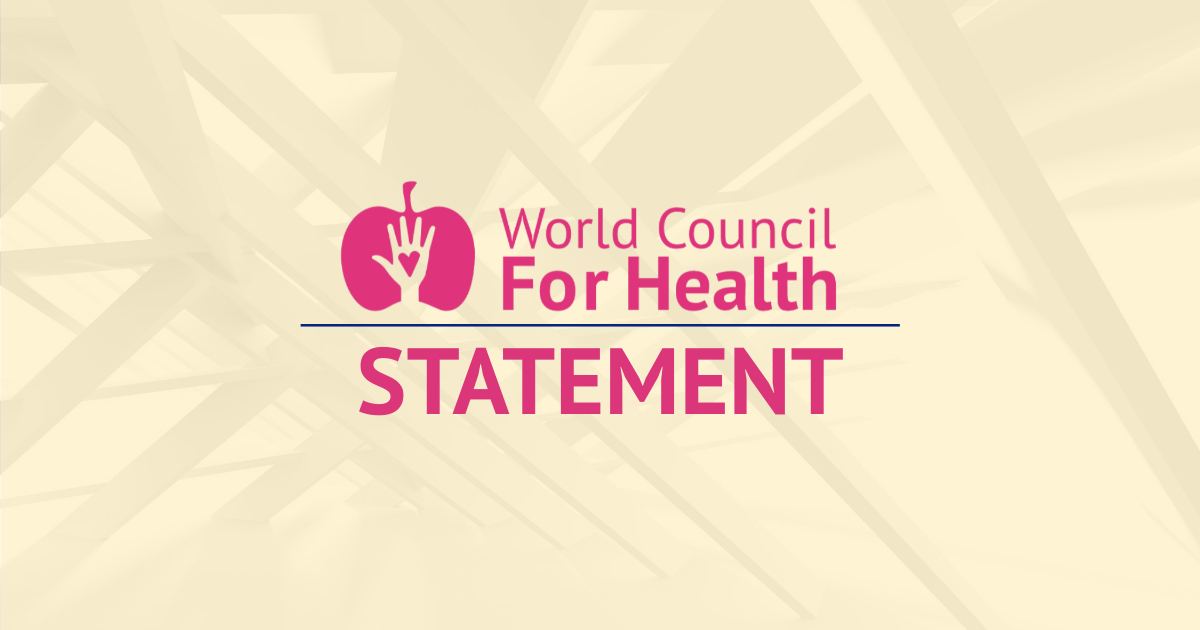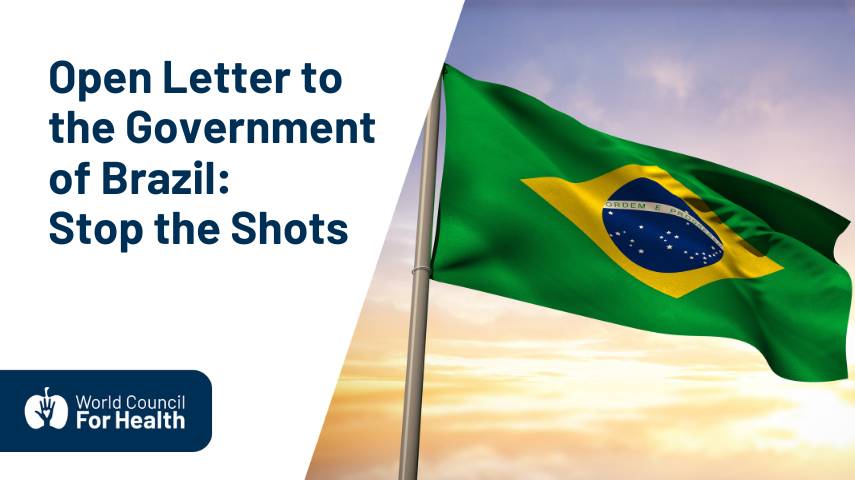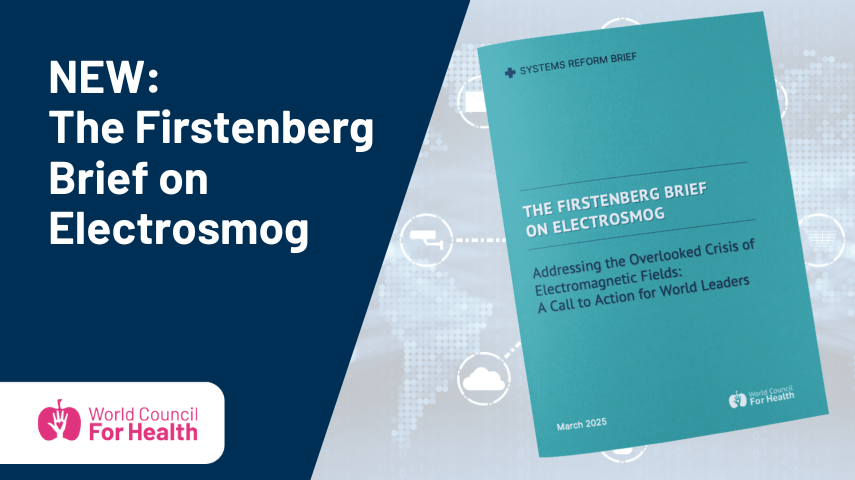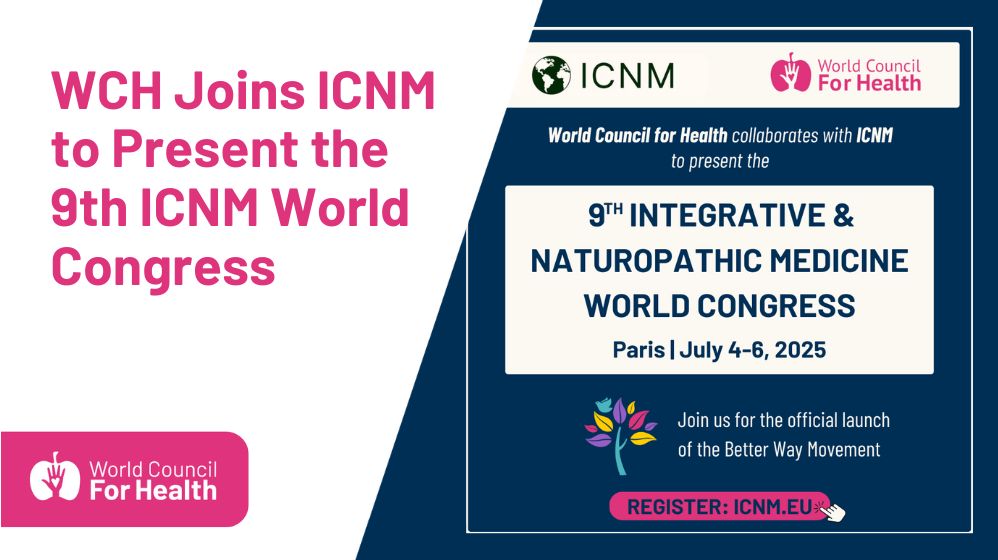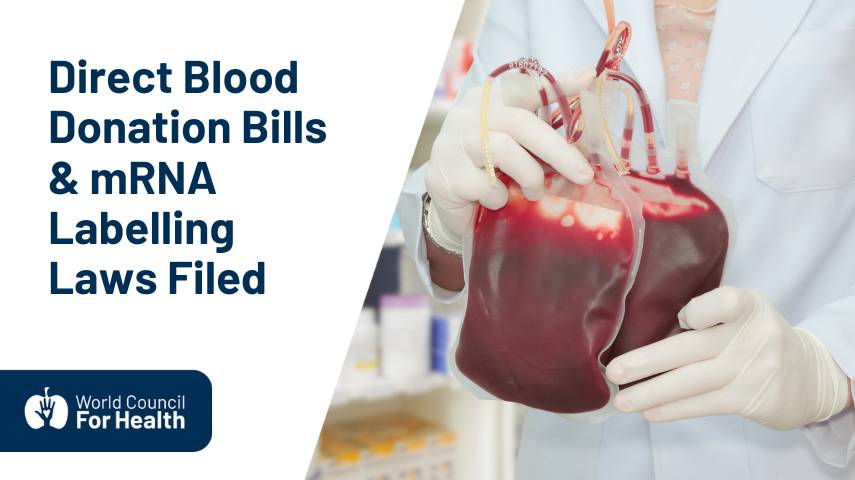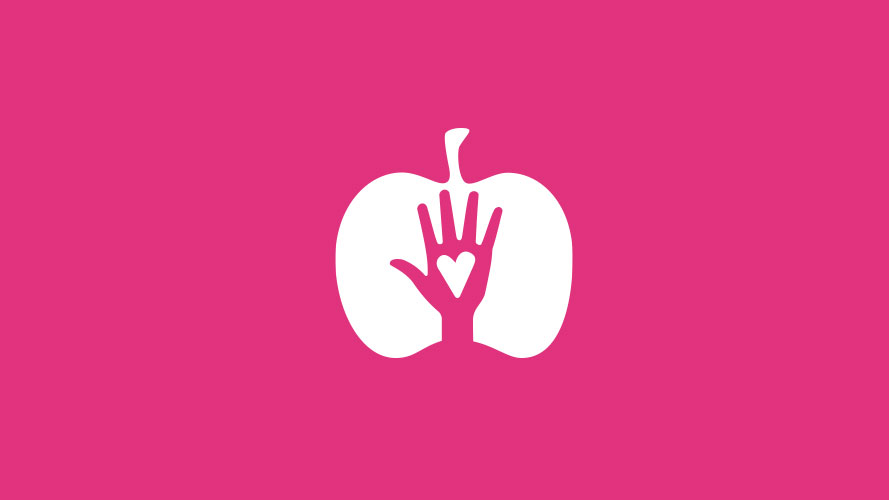World Council for Health (WCH) stands in opposition to the widespread scaremongering as a result of the discovery of the B.1.1.529 (Omicron) SARS-CoV-2 variant. According to available evidence, the variant is not of more concern than any others.
WCH recognizes that all viruses mutate and that natural immunity offers better protection against viral mutations than the Covid-19 inoculations.
We caution against the reinstatement of lockdowns and other unnecessary measures that have not been proven to slow the spread of the virus. These measures have been shown to cause undue harm.
WCH urges global leaders to listen to healthcare officials in Africa including Virologist Barry Schoub, the head of South African’s Ministerial Advisory Committee on Covid-19 vaccines, and Joe Phaahla, South African Health Minister.
Dr. Schoub has said it is “unlikely that it’s going to cause more severe disease.” Phaahla has called travel bans on those coming from eight African countries a “knee-jerk reaction” that “doesn’t make sense.”
Earlier this month, the African continent was being celebrated for being “one of the least affected regions in the world,” according to the World Health Organization, despite fewer than 6% of the population being vaccinated.
It should also be noted that the initial four cases of Omicron to be discussed in the media were in vaccinated people in Botswana, where only 20% of the population is fully vaccinated.
WCH stands with African nations and recognizes their ability to determine what is best for their people. WCH does not believe that these nations are in need of “rescue” by Western nations eager to vaccinate and firmly stands against any and all travel bans.
As vaccine manufacturers scramble to create a new vaccine for this variant, World Council for Health reminds the WHO, the FDA, the MHRA, and other regulatory agencies that safe vaccine development takes around 10 years. Further novel vaccine products developed in haste by Pfizer, Moderna, Johnson & Johnson, AstraZeneca, or any other drug manufacturer will not be acceptable to the people of Africa or the people of the world.
